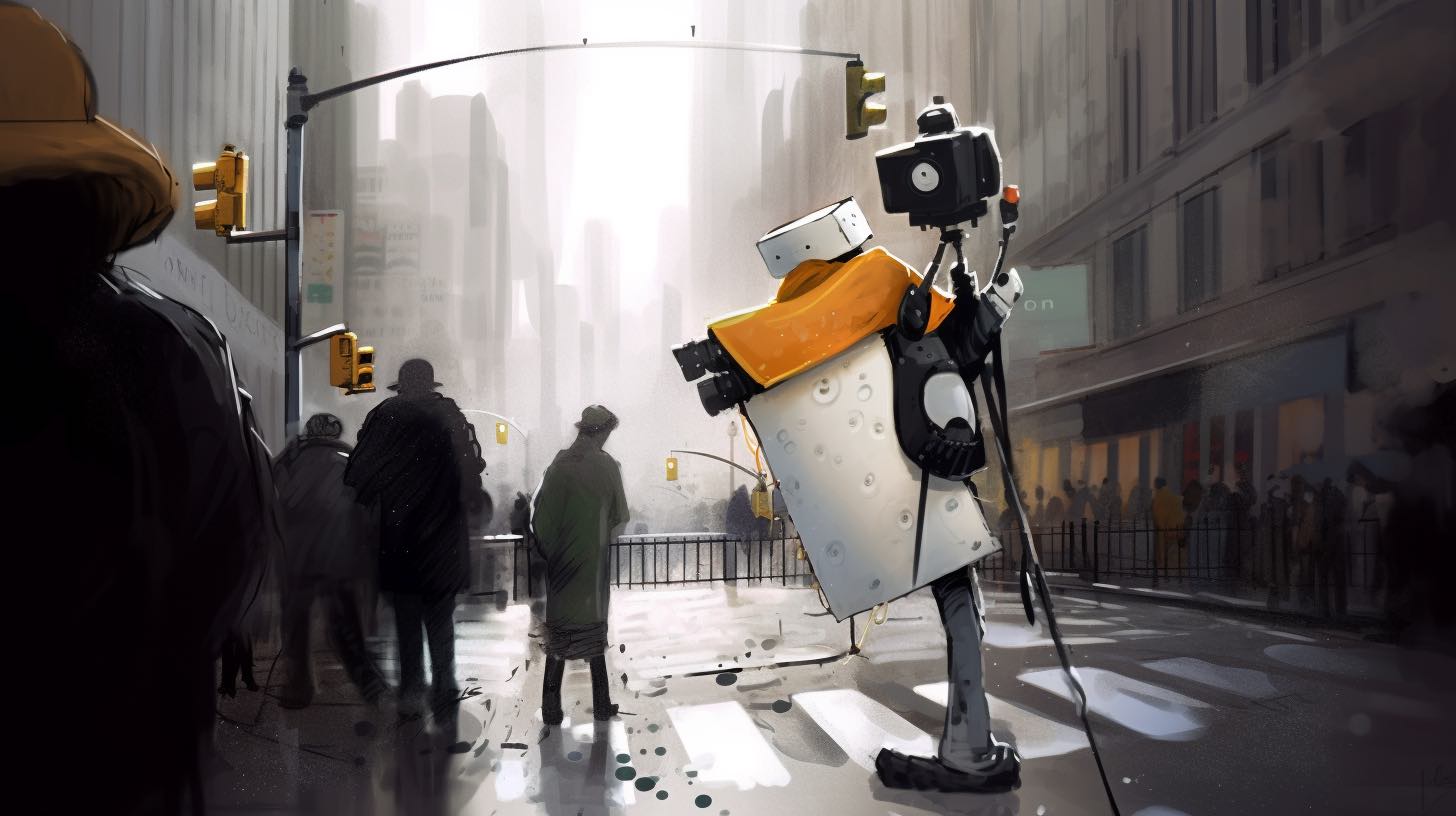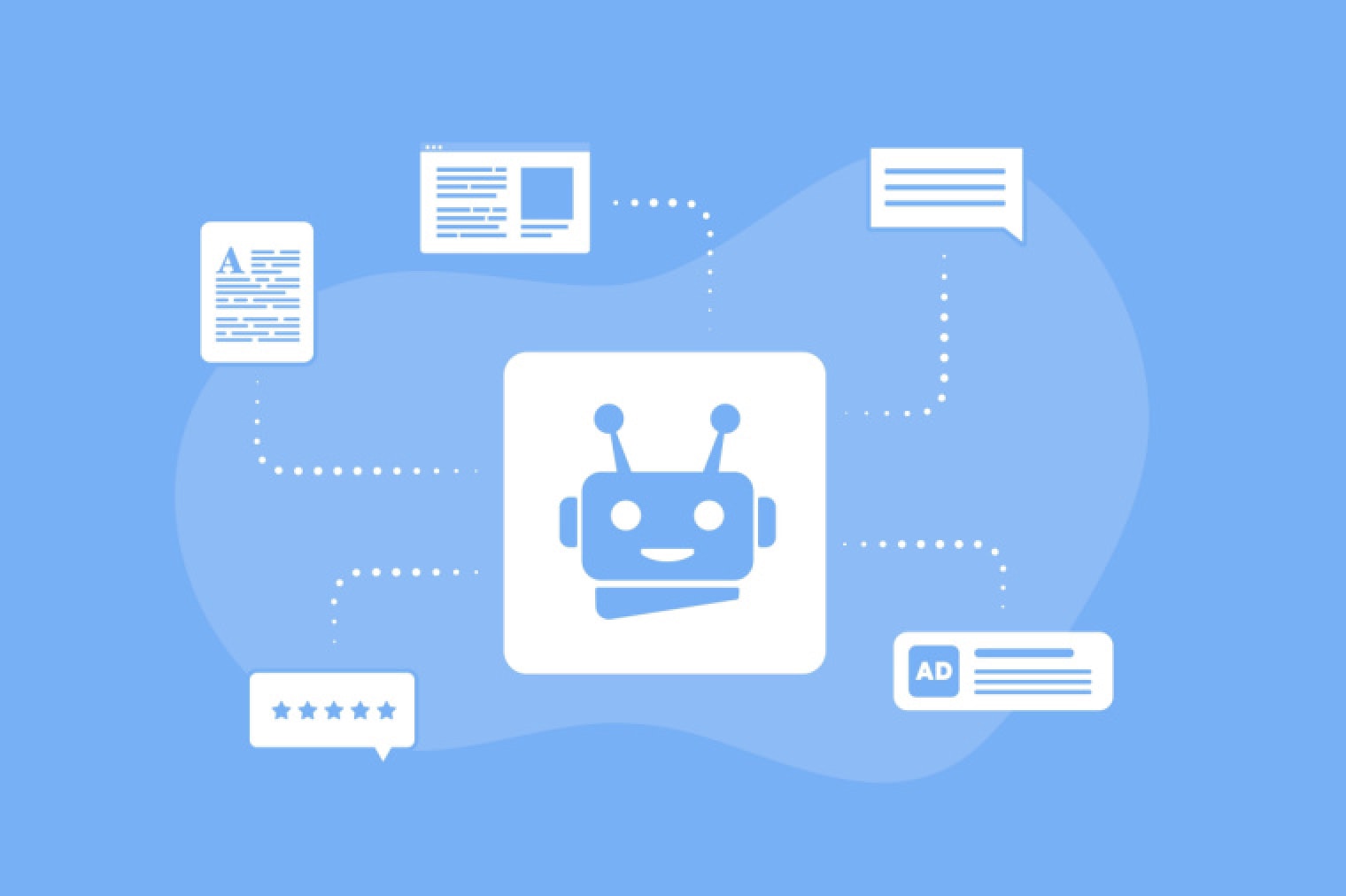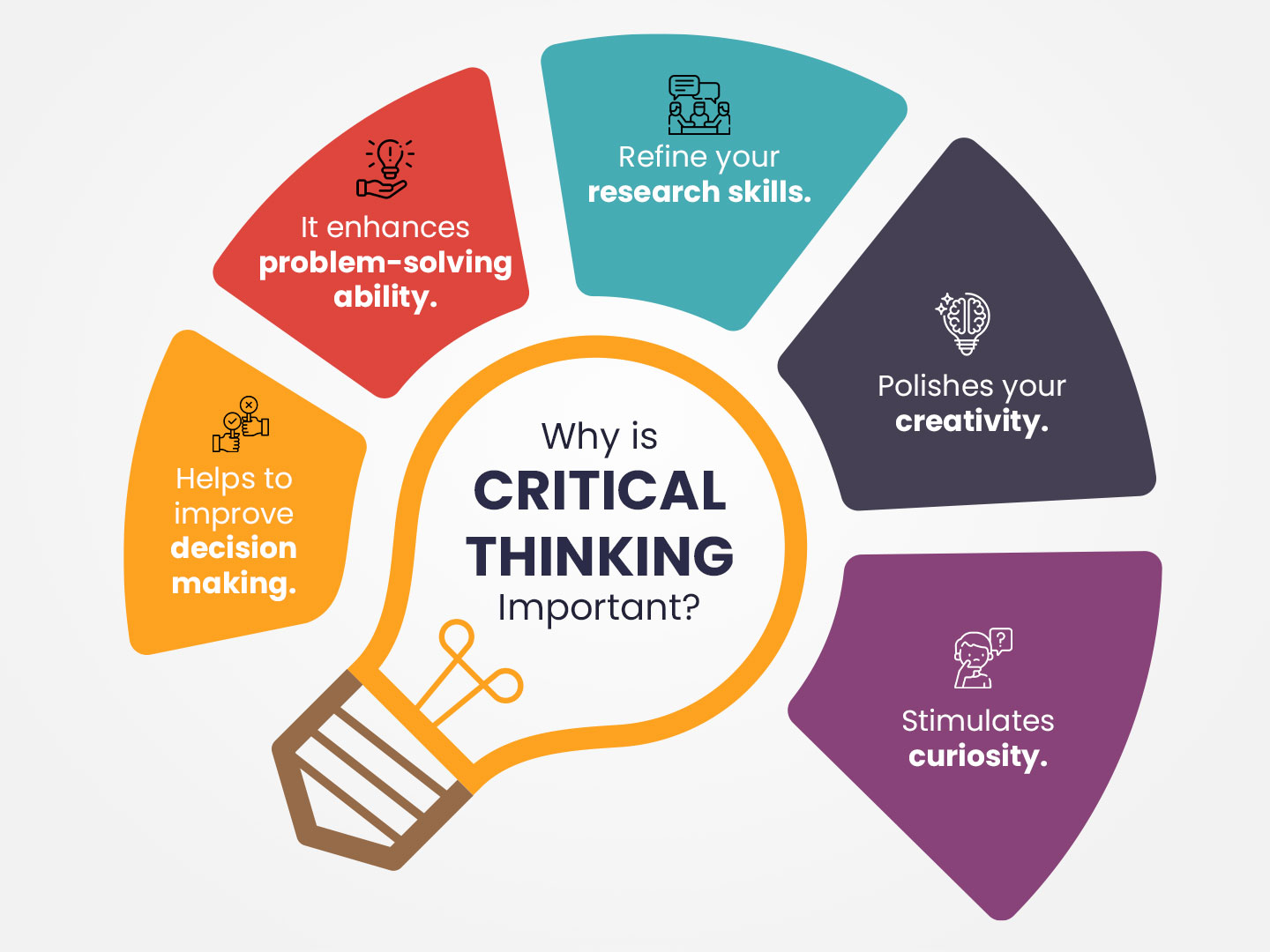
The Rise of AI-Generated Disinformation
In the 1980s, the KGB had a well-worn method for pumping disinformation around the world. As Oleg Kalugin, a former KGB general, recalled, “We preferred to work on genuine documents, with some additions and changes.” That method has not changed greatly, but technology has accelerated the process.
 The spread of misinformation has become increasingly sophisticated
The spread of misinformation has become increasingly sophisticated
In early March, a network of websites, dubbed CopyCop, began publishing stories in English and French on a range of contentious issues. They accused Israel of war crimes, amplified divisive political debates in America over slavery reparations and immigration, and spread nonsensical stories about Polish mercenaries in Ukraine.
“We preferred to work on genuine documents, with some additions and changes.” - Oleg Kalugin, former KGB general
What was new was that the stories had been taken from legitimate news outlets and modified using large language models, most likely one built by OpenAI, the American firm that operates ChatGPT. An investigation published on May 9th by Recorded Future, a threat-intelligence company, found that the articles had been translated and edited to add a partisan bias. In some cases, the prompt—the instruction to the AI model—was still visible. These were not subtle.
A Russian-linked network uses AI to rewrite real news stories
More than 90 French articles, for instance, were altered with the following instruction in English: “Please rewrite this article taking a conservative stance against the liberal policies of the Macron administration in favour of working-class French citizens.” This is not unusual for Russian propaganda, but the use of AI-generated content is a new and concerning development.
 The use of AI-generated content is a new and concerning development
The use of AI-generated content is a new and concerning development
As I reflect on the implications of this new form of disinformation, I am reminded of the importance of critical thinking and media literacy in the digital age. It is crucial that we remain vigilant and skeptical of the information we consume, and that we take the time to verify the sources and credibility of the news we read.
 Critical thinking and media literacy are crucial in the digital age
Critical thinking and media literacy are crucial in the digital age
The rise of AI-generated disinformation is a wake-up call for all of us. It is a reminder that the spread of misinformation is a complex and evolving issue that requires our collective attention and action.














